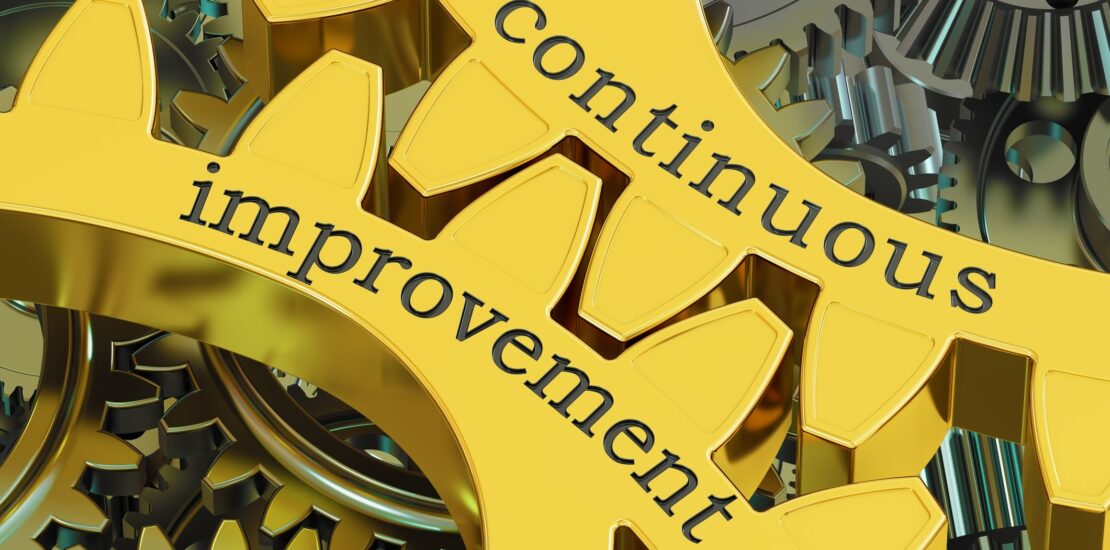- February 2, 2018
- Posted by: Dave Kurlan
- Category: Understanding the Sales Force

We want to get better at selling and as sales leaders we want our salespeople to improve. We need them to improve. We hope that training and coaching and sales ennablement tools will get us there. We have also been told that there is more than one way to skin a cat but it might come as a surprise that there is more than one way to measure the progress being made by your salespeople.
There are traditional lagging indicators, like revenue generated, and there are traditional forward looking indicators, like new meetings, pipeline value and pipeline quantity compared to a prior period. Conversion ratios – calls to meetings, meetings to qualified opportunities, qualified opportunities to closable, and win rates, all compared with the same ratios from a prior period.
These metrics tell a story, individually and together, but forward looking indicators tell a more timely story, especially if you have a long sales cycle. However, as you’ll read below, measuring sales progress doesn’t stop with metrics because there is another powerful way to get instant feedback on a salesperson’s progress.
Sales coaching is the most powerful and direct way to improve sales performance, but only if the coaching is daily and effective. Only 7% of all sales leaders coach frequently enough and effectively enough so there is much work to do in this area. The best tool for a sales coach is the ability to role play, providing the fastest route to greater sales success. This article explains how and why role-playing is the scariest component of sales coaching.
We need to discuss role-playing because it can provide you with instant feedback. When you role-play with salespeople and ask them to play the part of a prospect, the salespeople/actors will actually mirror the behavior and attitude that they are currently experiencing from their prospects. If they play a nasty prospect, then you know that is how prospects are treating them. If they play a tough prospect, then you know that prospects are being very tough on them. If they play an easy prospect, then you know that prospects are being easy and cooperative. If you pay attention to the changes in their role-plays over time, salespeople who are improving will play increasingly more cooperative prospects.
Whether good or bad, the behavior that prospects exhibit is a direct result of the flexibility, approach, tonality, questions, conversation and collaboration of a salesperson. Salespeople are completely responsible for how their prospects behave.
If your salespeople don’t seem to be portraying easier prospects each time you coach them, then they aren’t getting any better.
Having salespeople play a prospect is one way of getting instant feedback, but you can also have salespeople play the salesperson’s part. This role-play runs 25-minutes but it’s a great example of what it should sound like when 2 salespeople role play with each other. You’ll notice that I interrupt whenever the salesperson goes off track, doesn’t listen actively, doesn’t ask a good question, or otherwise could be more effective.
We spend an entire day on learning the nuances of role-playing as a foundation of sales coaching at my annual Sales Leadership Intensive. The top-rated annual event is May 22-23 and there were 6 seats left on February 1. Register here.
Image Copyright iStock Photos

